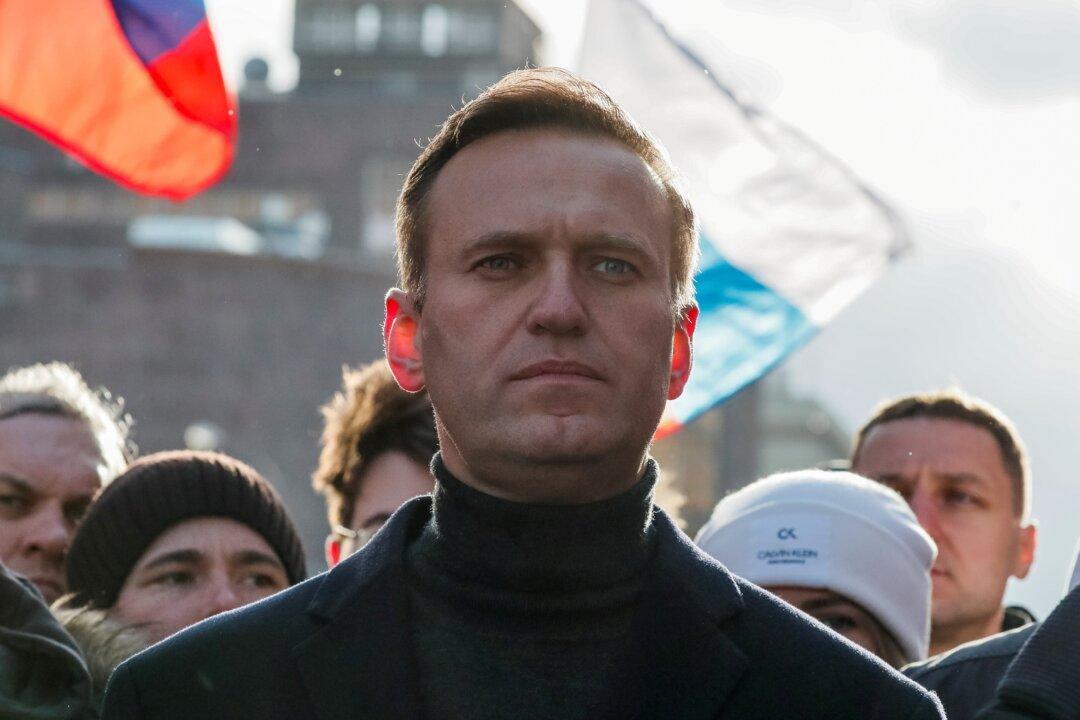BERLIN—Laboratories in Sweden and France have independently confirmed that Kremlin critic Alexei Navalny was poisoned with the Soviet-style nerve agent Novichok, the German government said on Monday.
Government spokesman Steffen Seibert also said samples taken from the opposition politician, who is currently being treated in Berlin, had also been sent to the Organization for the Prevention of Chemical Weapons (OPCW) in The Hague for tests in their labs.





